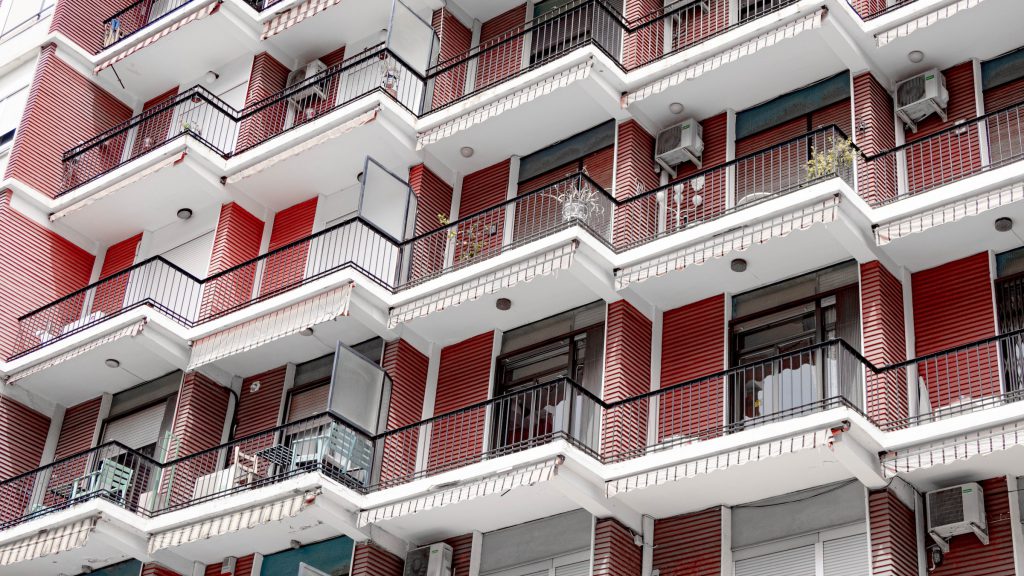In the realm of property management, especially in multi-owner buildings, decisions often need to be made collectively. While there are scheduled meetings, sometimes urgent matters arise that require immediate attention. Here’s a guide on how to urgently convene a general meeting of co-owners.

Understanding the Legal Framework
By law, the general assembly of co-owners must convene at least once a year. This is a standard procedure to discuss regular matters, financials, and any other issues that might have arisen during the year. However, there are instances where urgent decisions need to be made, and waiting for the annual meeting isn’t feasible. In such cases, an extraordinary general meeting becomes necessary.
The Role of the Syndic
The syndic, or property manager, plays a pivotal role in the management of co-owned properties. They can organize an extraordinary general meeting if there’s an urgent decision that can’t wait until the next regular assembly. The process is similar to that of a standard general meeting. The syndic must notify all co-owners about the meeting and provide a clear agenda.
Power to the Co-owners
While the syndic holds significant authority, co-owners aren’t powerless. If a group of co-owners feels the need for an urgent meeting, they can approach the syndic with their concerns. The law states that if one or more co-owners, holding at least 20% of the common parts, request an extraordinary meeting, the syndic is obligated to convene one.
Self-convening: If the syndic doesn’t act upon the request, co-owners have the right to convene the general meeting themselves. This ensures that co-owners aren’t entirely dependent on the syndic and have a say in urgent matters.
Seeking Legal Intervention
In situations where the syndic is unresponsive or obstructive, co-owners have another recourse. They can approach the justice of the peace, along with other co-owners, to order the convocation of a general meeting. This legal intervention ensures that the rights of the co-owners are protected and that urgent matters are addressed promptly.
Conclusion
Owning a property in a multi-owner building comes with its set of challenges. While there’s a structured way of decision-making, emergencies can arise. Knowing the procedures to convene an urgent general meeting empowers co-owners and ensures that pressing issues are addressed in a timely manner. Whether through the syndic, collective action by co-owners, or legal intervention, there are multiple avenues to ensure that the voice of the co-owners is heard and acted upon.

 Open Immovlan
Open Immovlan